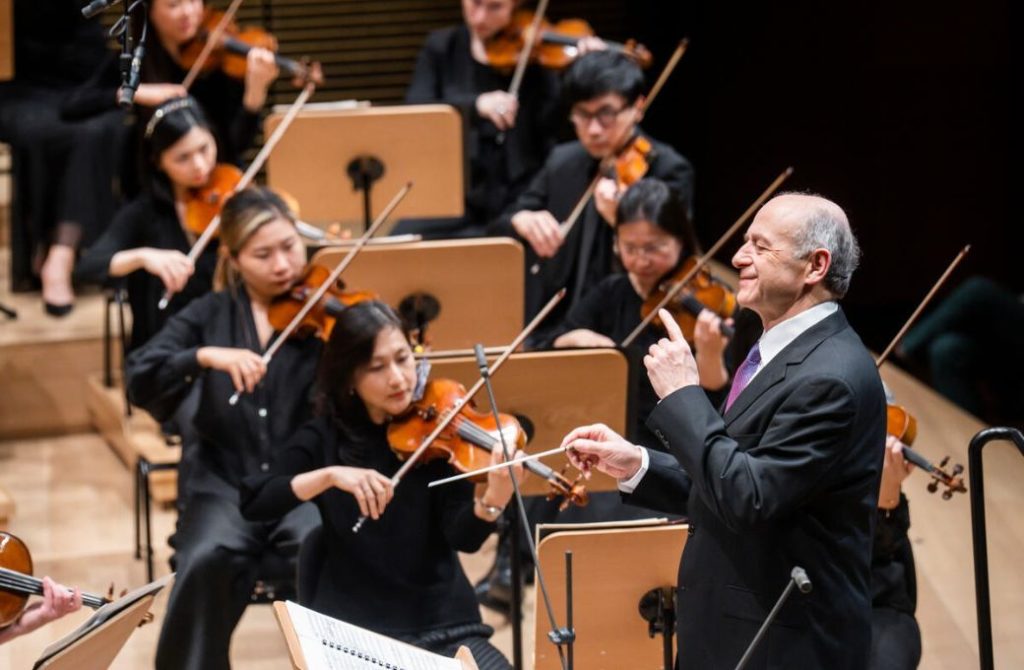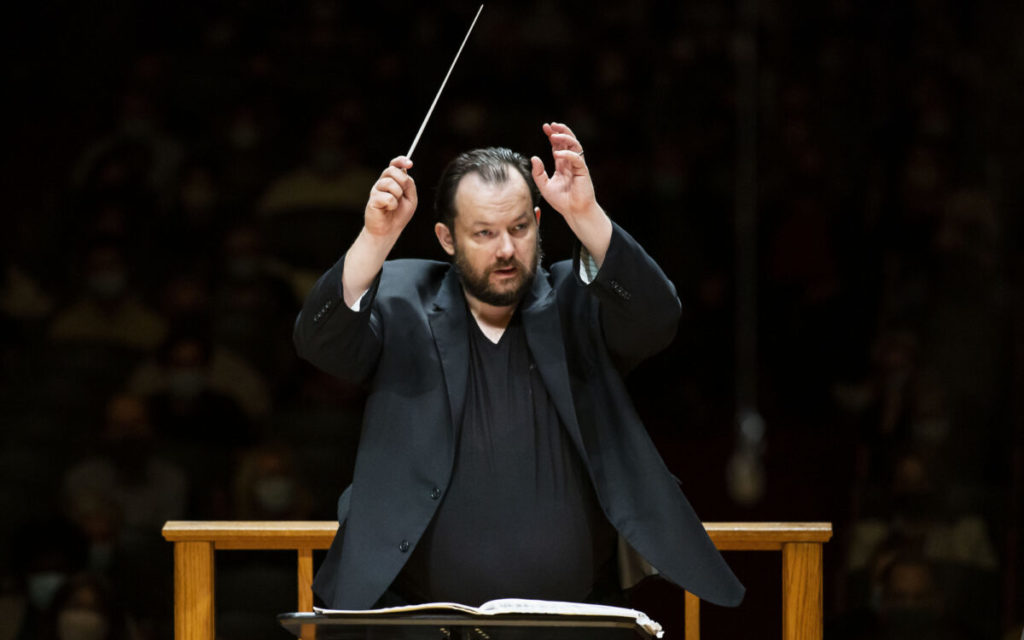VIEWPOINTS – Catching up with two storied American orchestras: NY PHIL at Geffen Hall and the BSO at Carnegie Hall
- By drediman
- April 25, 2023
- No Comments
Over the last few days, I had the opportunity to catch up with two storied American orchestras – the New York Philharmonic and the Boston Symphony Orchestra at Geffen Hall and Carnegie Hall, respectively. As per usual, here are my thoughts.

NEW YORK PHILHARMONIC
David Geffen Hall
First up was the hometown team, the New York Philharmonic playing at its newly revamped concert hall at Lincoln Center (RECOMMENDED). Led by Hungarian maestro Iván Fischer — most notably the music director of the consistently fantastic Budapest Festival Orchestra — the New York forces gave a warm, natural performance that mined the Hungarian classical music repertoire. The program began with Hungarian composer Ernő Dohnányi’s rarely performed Symphonic Minutes, a compact sampler of genres that started things off with abundant color and personality. Then came pianist Sir András Schiff in Bartók’s unfinished and unsettled Piano Concerto no. 3, which continued the dive into the Hungarian repertoire. Throughout, Schiff’s playing was instinctually musical yet refreshingly unfussy, echoing Fischer’s approach to music-making. The concert concluded with Mozart’s famous Symphony no. 41 in C major (more commonly known as the composer’s “Jupiter” symphony) for mid-sized ensemble. For this final piece, Fischer delivered a steady and unrushed account of Mozart’s sublime final symphony, allowing the players to respond with sensitivity and expansive humanity. The relatively smaller orchestra also gave audiences a great opportunity to truly gauge the acoustical merits of the new hall — a test passed with flying colors.

BOSTON SYMPHONY ORCHESTRA
Carnegie Hall
Then last night at Carnegie Hall, I attended a performance by the great Boston Symphony Orchestra conducted by its music director Andris Nelsons (RECOMMENDED) (the orchestra also performs tonight, albeit a different program). The evening commenced with a bang with Ravel’s Alborada del gracioso, which stuck me as a sort of Spanish version of La Valse, with its vibrant orchestral coloring and almost uncontrolled sense of forward momentum. Then came Les Chants de l’aube, French composer Thierry Escaich’s moody 2023 concerto for cello and orchestra, which enjoyed its New York premiere last night. Featuring cellist Gautier Capuçon — who gave an impassioned performance — the piece is a harrowing musical journey that comes across like scoring for a noirish psychological thriller. The evening concluded with Rachmaninoff’s majestic and sprawling Symphony No. 2, which was given a powerful and stately rendition the BSO. Throughout, the program was marked by Nelsons’ incisive conducting, to which the Boston forces responded with precision and full bodied sound — a striking contrast to the deceptively laidback warmth of Fischer’s conducting of the New York Philharmonic just a few days earlier.

 Copyright © 2025
Copyright © 2025
Leave a Reply